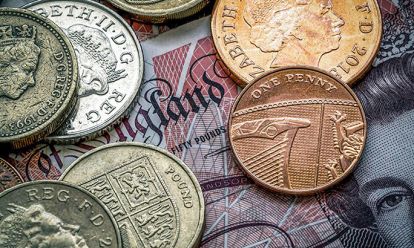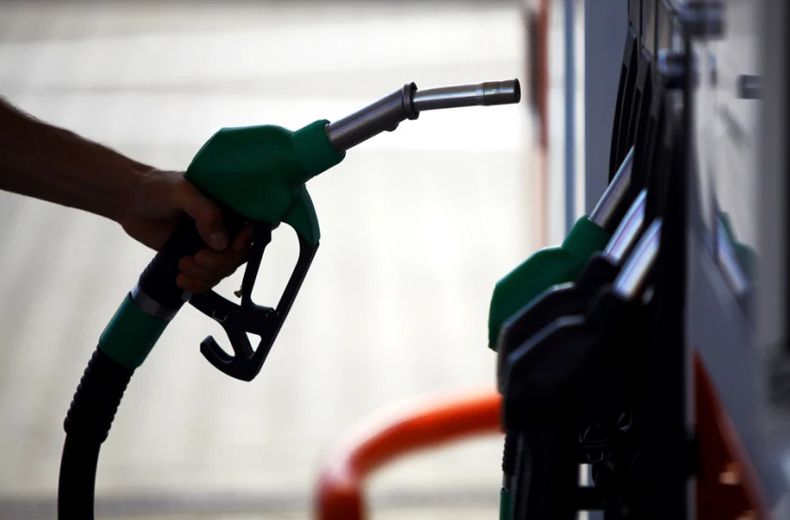Business and Energy Secretary Kwasi Kwarteng confirmed that the phasing out would not be immediate, which will enable the UK to adapt its supply chains, in order to support industry and consumers.
Russian imports account for around 8% of the UK’s annual demand and the government will now look towards its own producers of crude oil and petroleum products, as well as partners in the USA, Netherlands and Saudi Arabia.
Kwarteng commented: “We have more than enough time for the market and our supply chains to adjust to these essential changes. Businesses should use this year to ensure a smooth transition so that consumers will not be affected.”
With the aim of crippling the Russian economy further, the move will impact the country’s reliance on fossil fuel exports. Russian oil makes up 44% of Russian exports and 17% of their federal government revenue through taxation.
Kwarteng also revealed that a new joint taskforce between industry and government will work together to manage the transition over the coming months.
The elimination of oil imports adds to the raft of restrictions placed on existing trade, financial and personal sanctions already imposed by the UK against Vladimir Putin’s regime.
According to the Government, Russian oil is already being ‘ostracised by the market’, with nearly 70% of oil currently struggling to find a buyer.
Currently, Russian natural gas makes up less than 4% of the UK’s supply, and MPs are currently exploring options to reduce this further.
- How to save fuel - the ultimate guide
- What affects the price of fuel?
- Petrol and diesel prices in the UK - latest fuel price data from the RAC
What does this mean for drivers?
Fuel prices can vary for several reasons, and with forecourts across the UK consistently raising the cost for fuel, there are growing concerns for consumers for the future.
With this announcement set to impact consumers across the country, the RAC keeps UK drivers up to date with the latest pump prices via Fuel Watch.
However, with fuel prices predicted to soar, Chancellor Rishi Sunak is facing mounting pressure to help UK drivers.
RAC fuel spokesman Simon Williams comments: “Average fuel prices leapt to new records again on Tuesday, with diesel jumping a huge 3p a litre in a single day to 165.24p a litre while petrol went up 2p to 158.20p. The diesel daily increase was the largest on record since 2000.
“The cost of a filling a 55-litre family car with petrol is now £87 – £7 more than it was at the start of the year. Diesel drivers are even worse off with a tank now costing more than £90 for the first time ever – £8 more than in early January.
“Wholesale fuel prices have already risen dramatically this week, so more pump price increases in the coming days are inevitable. Petrol is now certain to top an average of £1.60 a litre this week while diesel will progress very quickly towards £1.70.
“We continue to call on the Chancellor to help drivers by temporarily cutting VAT to at least 15%. As it stands 26p a litre of what drivers are paying on the forecourt is attributable to VAT and that comes on top of 58p a litre in fuel duty. This tax on a tax is causing unbelievable financial pain to drivers which is why we believe Mr Sunak holds the key to easing the burden.”
Ahead of any further developments, consider these fuel savings tips for your vehicle.
Can I call the RAC for recovery if I run out of fuel?
If you run out fuel, the RAC can help. We also provide Mis-Fuel Rescue as an optional service on your breakdown cover. If you put the wrong kind of fuel into your vehicle, we’ll help to drain and clean out the fuel system.
The RAC will also add a quantity of the right fuel to get you moving again, and if necessary, safely dispose of the unwanted fuel.
Get 30 driving tips that will save you money
Running a car isn’t cheap, but there are some easy things you can do to keep your costs down. Get these tips and more useful driving articles sent straight to your inbox now.














